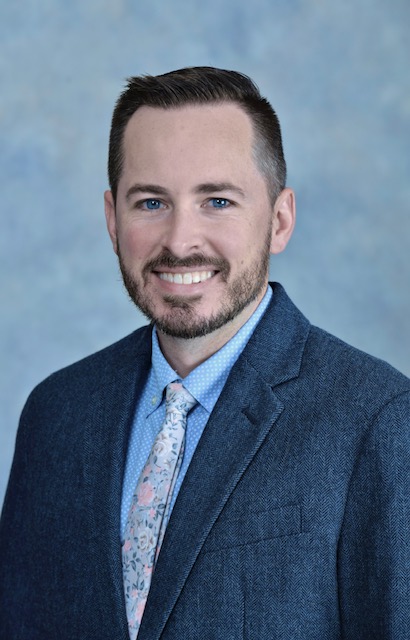Coping With Care: Dental Anxiety Solutions
Nervousness about an upcoming dental appointment is a common experience for people all over the world. Some may feel so anxious that they reschedule upcoming appointments many times or avoid dental appointments altogether.
Avoiding routine dental care may lead to more expensive and invasive dental work in the future. However, knowing this does not change the fact that going to the dentist can be an uncomfortable, daunting experience.
To combat this problem, researchers at Temple University’s School of Dentistry and Department of Psychology partnered together to create an online program that helps patients manage their dental anxiety. Using the principles of cognitive behavioral therapy, the program guides the viewer through an hour-long video that exposes them to procedures they rank as their most feared. Along the way, the program teaches coping skills and other useful strategies for reducing negative feelings during a dental appointment.
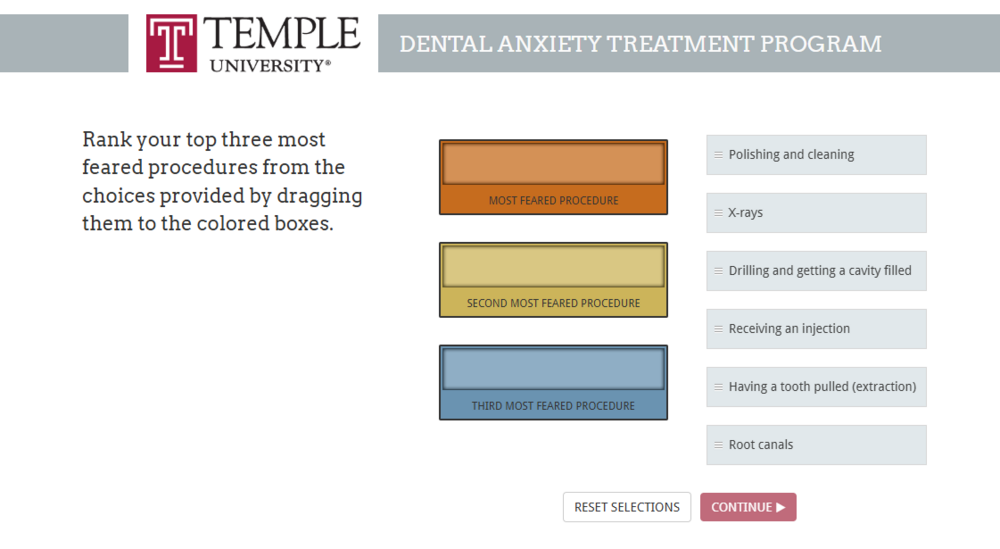
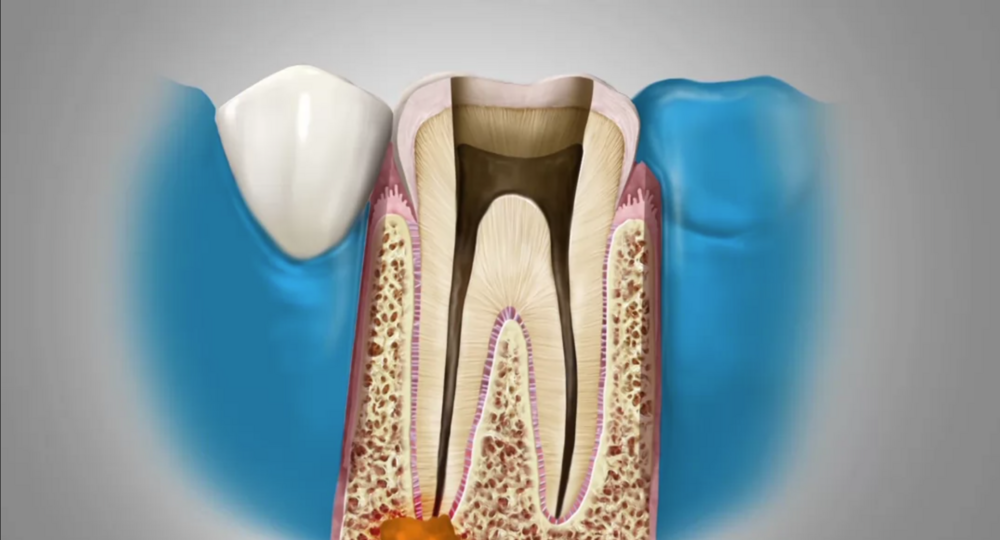
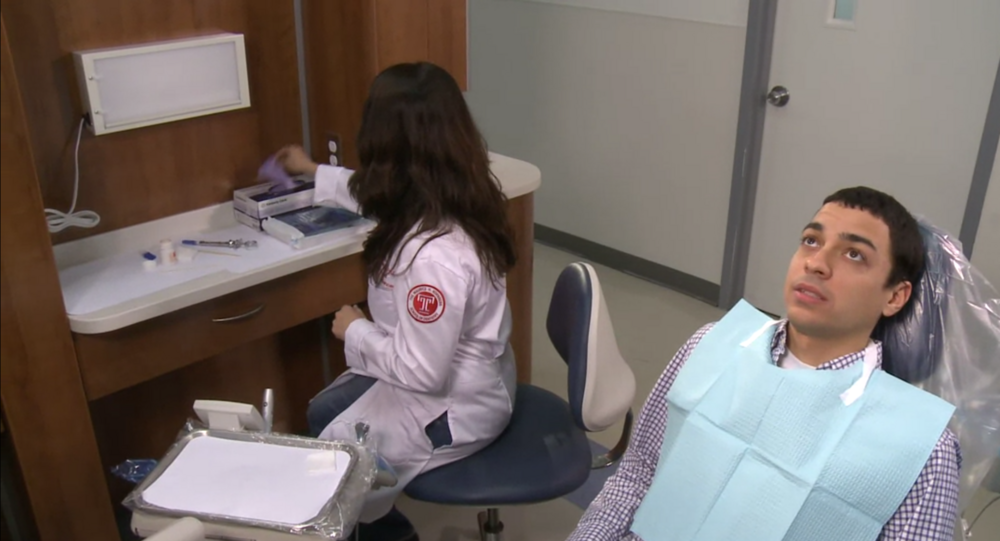
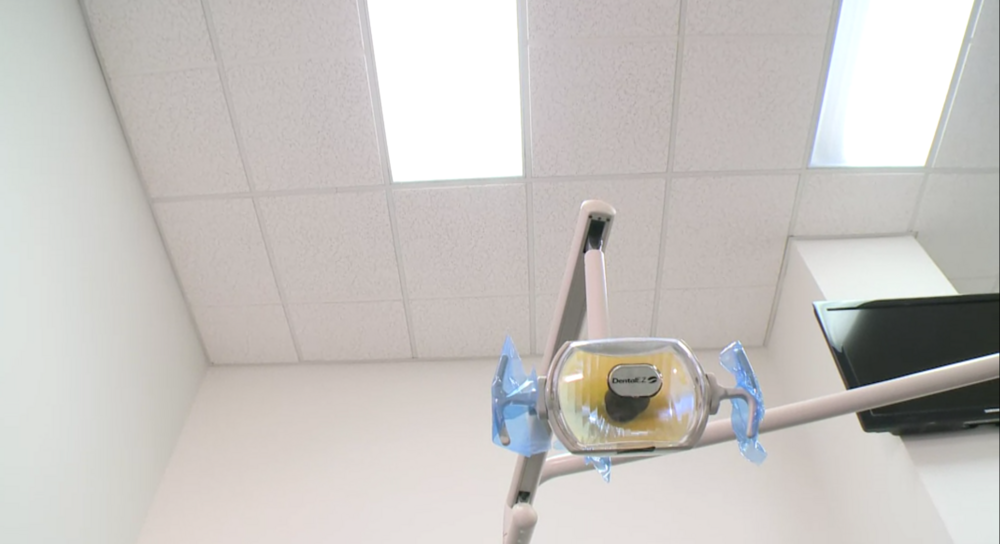
How to Access the Program as a:
Contact Us
For help getting started, please contact dentalanxiety@temple.edu.
You may also contact Drs. Marisol Tellez-Merchan and Eugene Dunne if you would like more information about how this research was conducted.
Funding to test whether this program was effective was provided by the Pennsylvania Department of Health (1R34DE024744-01) and the National Institute of Dental and Craniofacial Research (5U01DE027328-03).
©2025 Temple University. All rights reserved.




